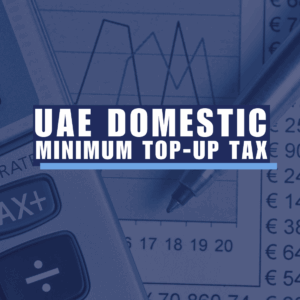A Dubai court has made a significant decision, ordering a company to pay an employee’s outstanding dues in UAE dirhams and Ecowatt Tokens, a form of cryptocurrency. This decision follows a case of arbitrary dismissal filed by the employee, marking a significant evolution in the legal landscape of wage payments in the UAE.
The Court´s Verdict
The Dubai Courts of First Instance ruled in favor of an arbitrarily dismissed employee. They ordered her former employer to pay the outstanding salary in UAE dirhams and cryptocurrency as per the terms of her employment contract. Under case number 1739 of 2024, this ruling signifies a progressive shift in the legal and financial sectors of the UAE, reflecting the nation’s openness to embracing new financial technologies and practices.
The employee’s contract specified that her monthly salary would be paid in two components: one in UAE dirhams and another in Ecowatt Tokens, a form of cryptocurrency. Following the company’s failure to pay the cryptocurrency portion of her salary for six months, the employee filed a wrongful termination case. The court’s decision validated the legitimacy of her claim and recognized the enforceability of cryptocurrency as part of an employment agreement.
The court clarified that cryptocurrency-based salaries are legally valid under UAE law. This decision underscores the fundamental right of employees to receive their agreed-upon compensation, as enshrined in Article 912 of the Civil Transactions Law. It also aligns with the flexibility provided under Federal Decree-Law No. (33) of 2021, which governs labor relations in the UAE and allows for diverse wage payment mechanisms.
The ruling marks a notable evolution from previous legal positions regarding cryptocurrency payments in employment contracts. In a similar case in 2023, the court refused to award the unpaid portion of the salary in cryptocurrency, citing the lack of sufficient legal framework at the time. However, the 2024 decision demonstrates the UAE courts‘ adaptability to the evolving financial landscape, providing a robust legal framework that supports modern financial practices while protecting contractual rights.
The TME Legal Takeaway
The Dubai court’s ruling in favor of salary payments in UAE dirhams and cryptocurrency is a significant step forward in recognizing digital currencies within the UAE’s legal system. This decision not only reaffirms the rights of employees to receive their wages as agreed but also sets a precedent for the inclusion of digital assets in contractual agreements. As cryptocurrencies continue to gain acceptance across various sectors in the UAE, this ruling could pave the way for broader adoption of digital currencies in employment and beyond, further establishing the UAE as a leader in innovative financial technologies.



